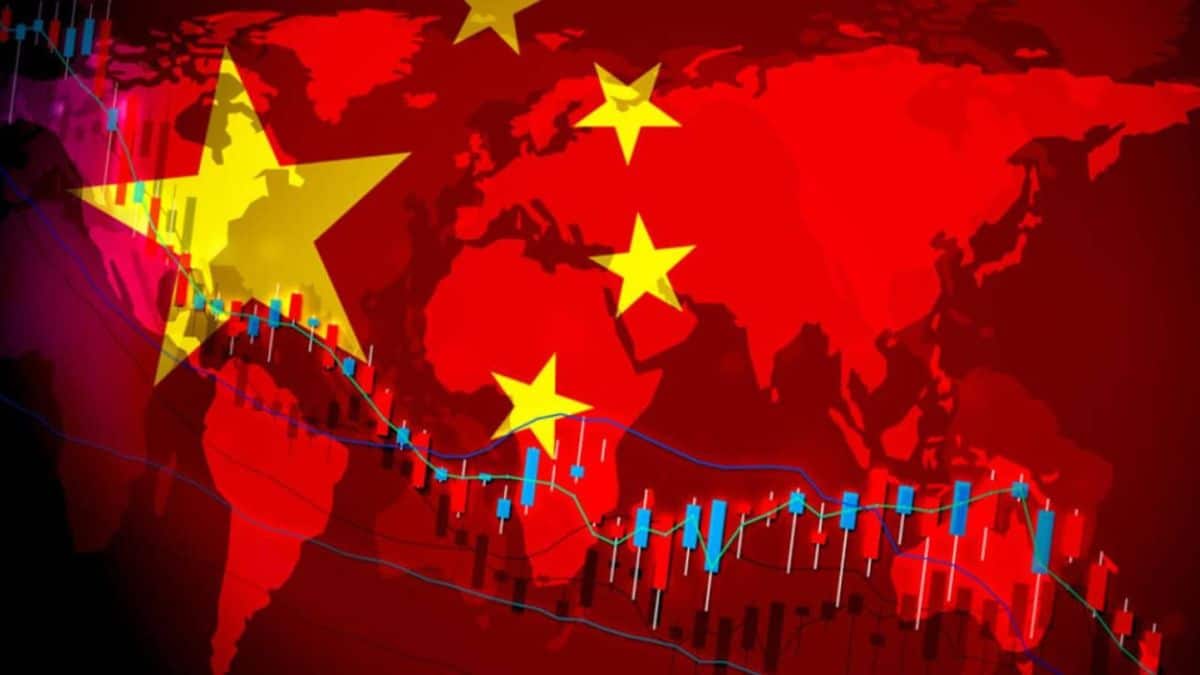Despite a recent high-powered Japanese delegation returning from China with minimal outcomes, analysts suggest that Beijing is unlikely to resort to economic coercion to exert pressure on Tokyo. The visit, led by the head of the Japan-China Economic Association (JCEA), Shindo Kosei, focused on pressing for a return to visa-free travel to encourage Japanese companies to invest in China. However, Chinese Premier Li Qiang offered little in response, emphasizing the need for reciprocity on visas and addressing only limited concerns raised by the delegation.
Experts believe that China is currently facing structural challenges within its economy, including slower foreign direct investments, a deteriorating sentiment in the Chinese market, and an uncertain business outlook since the enactment of the anti-espionage law. Professor Stephen Nagy of Tokyo’s International Christian University asserts that due to these challenges, China is unlikely to engage in full-fledged economic coercion against Japan, as it still requires investment, expertise, and technology from its neighbour.
In recent years, China has employed economic leverage to pressure countries into aligning with its political or military policies. However, Nagy suggests that economic coercion by China would likely prompt foreign companies to diversify away from China. Japan, in response to increased Chinese influence, has strengthened defence and security cooperation with Western countries, including the United States.
Concerns raised by the Japanese delegation included issues such as the safety of Japanese citizens in China, bans on imports, China’s anti-espionage law, difficulties in bidding for government contracts, and rules related to cross-border data transfers. Analysts emphasize the growing importance of national security in China’s agenda, with a focus on comprehensive security that goes beyond economic considerations.
While the recent delegation accomplished little, experts highlight the significance of the meeting itself, as politicians at the prime ministerial level in China have not engaged with delegations from Japanese business organizations in recent years. The lack of concrete results could also be seen as a potential attempt by Beijing to pressure Tokyo into making concessions before an upcoming trilateral summit between China, Japan, and South Korea.
As tensions persist, Japan continues to diversify its economic ties with other countries while strengthening its security capabilities. Japan’s 2021 strategy includes bolstering economic resilience through measures such as ensuring a stable supply of critical materials, patent protection, development of advanced technologies, and infrastructure security. Despite the potential for strained relations, Japan appears prepared with safety nets in critical sectors to mitigate the impact of any economic coercion by China.

